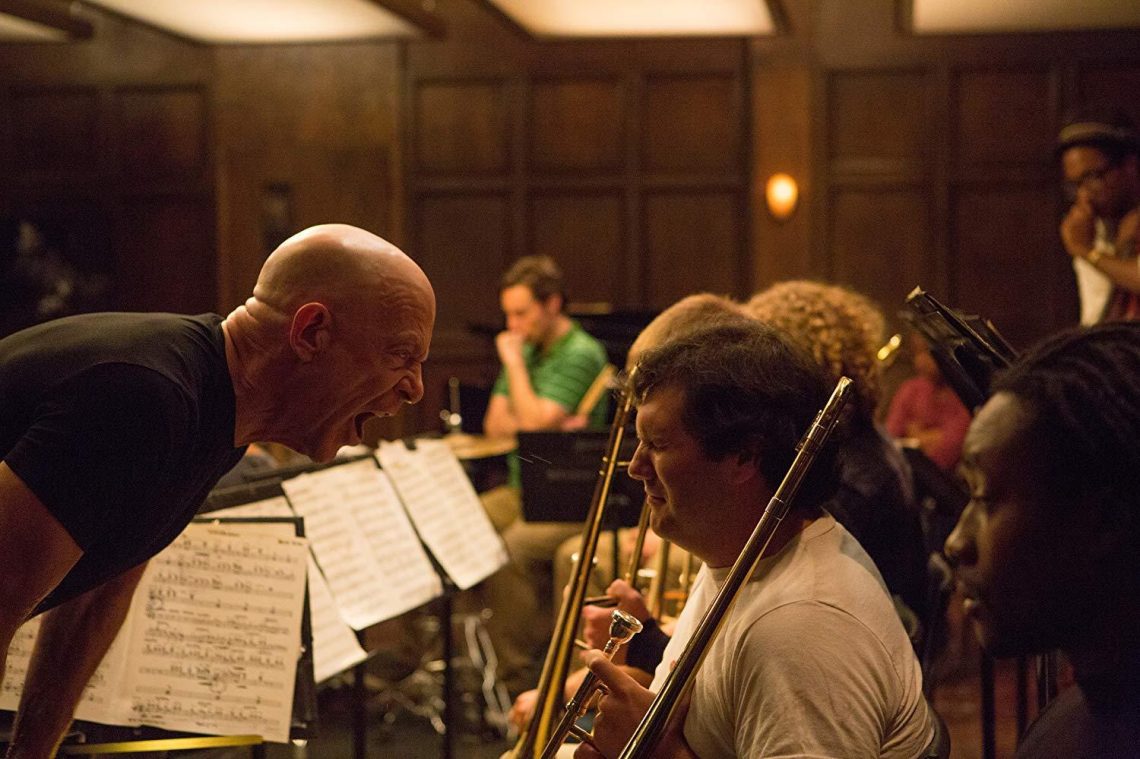
How is learning at a music school?
Contents
Previously, students studied at music schools for 5 or 7 years – it depended on the chosen specialty (that is, on the teaching instrument). Now, in connection with the gradual reform of this branch of education, the terms of training have changed. Modern music and art schools offer two programs to choose from – pre-professional (8 years) and general developmental (that is, a lightweight program, on average, designed for 3-4 years).
The most important subject in a music school
Twice a week, the student attends lessons in the specialty, that is, learning to play the instrument that he has chosen. These lessons are on an individual basis. A teacher in the specialty is considered the main teacher, the main mentor and usually works with the student from grade 1 to the very end of education. As a rule, a student becomes attached to his teacher in his specialty, a change of teacher often becomes the reason why a student abandons classes at a music school.
At the lessons of the specialty, there is direct work on the instrument, learning exercises and various pieces, preparing for exams, concerts and competitions. Each student during the year must complete a specific program that the teacher develops in the individual plan of the student.
Any progress reports are made publicly in the form of technical tests, performances at academic concerts and examinations. The entire repertoire is learned and performed by heart. This system works great, and in 7-8 years, as a rule, a decently playing musician is sure to come out of a more or less capable student.
Musical-theoretical disciplines
The curriculum in music schools is designed in such a way as to give the student the most versatile idea of music, to educate in him not only a skilled performer, but also a competent listener, an aesthetically developed creative person. To solve these problems, such subjects as solfeggio and musical literature help in many ways.
Solfeggio – a subject on which a lot of time is devoted to the study of musical literacy, the development of hearing, musical thinking, memory. The main forms of work in these lessons:
- singing from notes (the skill of fluent reading of notes develops, as well as the internal “pre-hearing” of what is written in notes);
- analysis of the elements of music by ear (music is considered as a language with its own rules and patterns, students are invited to identify individual harmonies and their beautiful chains by ear);
- musical dictation (a musical notation of a first heard or well-known melody from memory);
- singing exercises (develops the skills of pure intonation – that is, pure singing, helps to master more and more new elements of musical speech);
- singing in an ensemble (joint singing is an effective means of developing hearing, as it forces students to adapt to each other so that a beautiful combination of voices is obtained as a result);
- creative tasks (composing melodies, songs, selecting accompaniment and many other useful skills that make you feel like a real professional).
Musical literature – a wonderful lesson in which students are given the opportunity to get to know the best works of classical music in some detail, learn the details of the history of music, the life and work of great composers – Bach, Haydn, Mozart, Beethoven, Glinka, Tchaikovsky, Mussorgsky, Rimsky-Korsakov, Prokofiev, Shostakovich and others. The study of musical literature develops erudition, and knowledge of the studied works will come in handy in ordinary school literature lessons at school (there are a lot of intersections).
The joy of making music together
In a music school, one of the compulsory subjects is one in which students will sing or play instruments together. It can be a choir, orchestra or ensemble (sometimes all of the above). Usually, a choir or an orchestra is the most favorite lesson, because here the student’s socialization takes place, here he meets and communicates with his friends. Well, the process of joint music lessons brings only positive emotions.
What elective courses are taught in music schools?
Very often, children are taught an additional instrument: for example, for trumpeters or violinists it can be a piano, for an accordionist it can be a domra or a guitar.
Of the new modern courses in some schools, you can find classes in playing electronic instruments, in musical informatics (creativity with the help of computer programs for editing or creating music).
Learn more about the traditions and culture of the native land allow lessons on folklore, folk art. Rhythm lessons allow you to understand music through movement.
If a student has a pronounced propensity for composing music, then the school will try to reveal these abilities, if possible, organizing composition classes for him.
As you can see, the curriculum in music schools is quite rich, so visiting her can bring a lot of benefits. We talked about when it is better to start studying at a music school in the previous issue.





